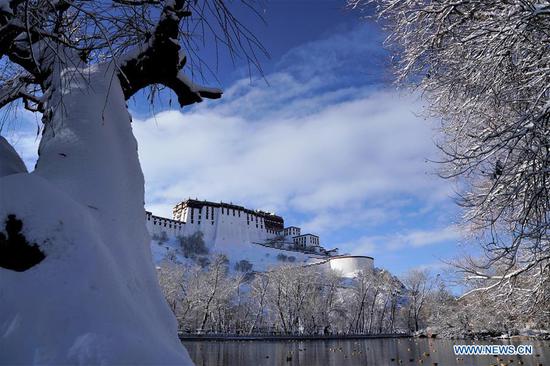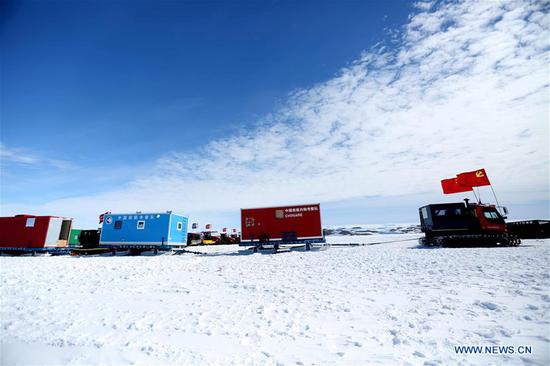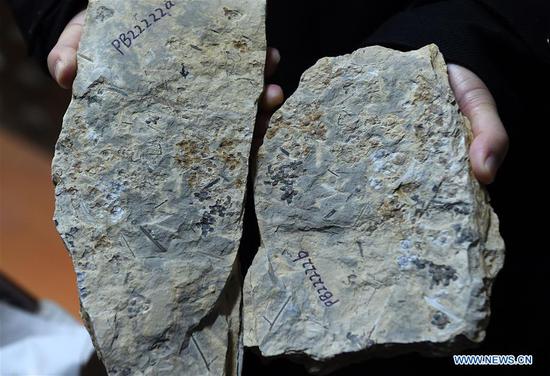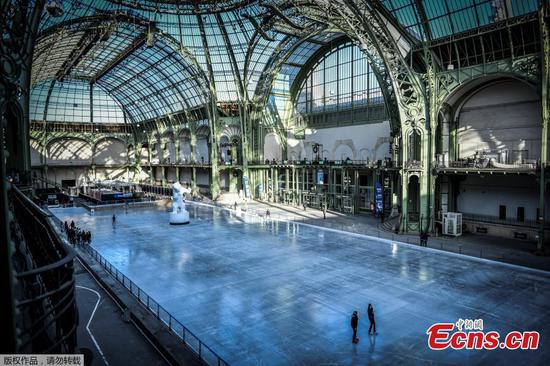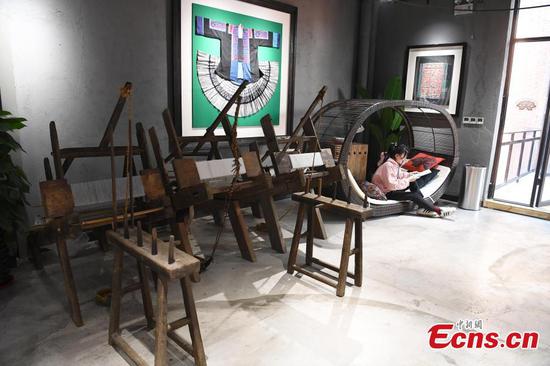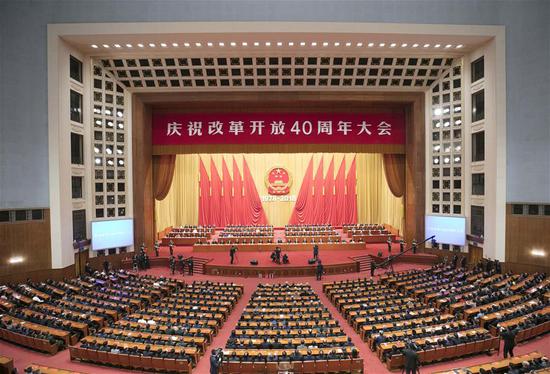Heze in Shandong province has become a topic of heated discussion after it decided to relax its home sales ban, becoming the first Chinese city to do so amid the nation's year-long policy to curb real estate speculation.
In an announcement by the local government on Tuesday, in order to promote the healthy and stable development of the local real estate market, it revealed that it had canceled the residential property resale ban that was introduced last year.
According to that rule, local residents could only resell their property after two years, while a limit of three years was imposed on non-local purchasers.
"Heze is the first city to lift the home sales ban since strict policies started being introduced in China in September 2016 to cool the overheated property market," said Yang Hongxu, deputy director of E-House China, a real estate services provider.
"Currently the local authorities are allowed to adopt different policies based on their own situation," Yang said.
"It is impractical for first and second-tier cities which experienced significant price increases in the past to lift the ban, but lower-tier cities such as Heze have more flexibility in policymaking."
Real estate columnist and commentator Xie Yifeng, explaining the logic behind Heze's decision, said: "There is a distinct conflict between supply and demand. The city is short of newly built residential property, but second-hand properties can't be put on market. Demand for second-hand property is exceeding supply."
The stock market reacted quickly to the news, with some property developers' stocks soaring. Lushang Property Co Ltd rose 10.09 percent on Wednesday to 3.49 yuan (51 cents) per share. Rongan Property Co Ltd also benefited, seeing a 9.96 percent increase in its stock price.
Heze's move has sparked heated discussion in the industry. Zhang Dawei, chief analyst at Centaline Property Agency Ltd, said it should not go ahead and pointed to the considerable impact it will have on the market.
"The ban has been a signature policy to curb speculation in recent years, and such a policy has played a huge role in cooling down the market," Zhang said. "There are over 90 cities in China that have implemented such bans."
"Heze's action should be halted, and it is very likely to be halted," he added, saying the move by the local authorities in Heze would encourage speculative investment.
Yang also predicted that the local authority might be unable to handle the pressure resulting from its decision and backtrack on it as a result.
According to a report in Securities Times, the provincial urban-rural housing construction department of Shandong was not notified before Heze released the policy, and it has been looking into the matter.












